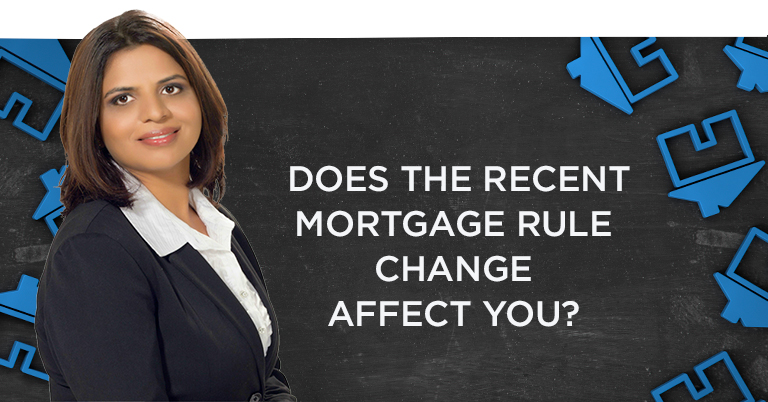There had been speculation that the government would act to cool our hot housing market, which is definitely evident in Brampton, Toronto and the GTA, but we saw only modest measures to affect both demand and supply in the April 19 federal budget.
On the demand side they introduced:
- A national annual tax on foreign-owned properties that are left vacant or under-occupied, which will take affect in 2022. This will only apply to “non-residents” to discourage offshore buyers and was likely more for optics than the effect it will have.
- More immigration was pledged, which will likely fuel demand and not dampen it.
- A new stress test for uninsured mortgages that will certainly have some effect but won’t be too significant. See discussion below.
Measures to improve the supply of housing were disappointing given that this is one of the biggest reasons for the run up in housing prices:
- Housing projects to be introduced with CMHC over the next few years will modestly help low-income Canadians.
- More transit project to connect cities so people can live further from their jobs, although prices have already risen in these satellite or “zoom” cities because of the pandemic.
More on the new stress test.
Just prior to the budget, Office of the Superintendent of Financial Institutions (OSFI), proposed a new stress test rate for uninsured mortgages of 5.25% effective June 1. This is higher than the current 4.79% qualifying rate. On a going forward basis, this new stress test will no longer be based on bank posted rates. It will instead be set a minimum of once per year by OSFI.
Exactly what is the stress test?
When getting a new mortgage, your lender must ensure that you can handle payments at a much higher qualifying rate. This is not the same rate as your actual lower contract rate, it’s for mortgage qualifying only. It’s meant to ensure that you can handle your payments should rates rise.
Is the June 1 deadline important?
Uninsured mortgages, which is when you have more than 20% equity, that are approved before June 1 are not subject to this tougher stress test so qualifying will be slightly easier. This applies to purchases that close after June 1 if you have a signed purchase and sale agreement. This means that if you are thinking refinance to get a lower rate or for debt consolidation, or a purchase with more than 20% down, it’s a good idea to get in touch with me as soon as possible so we can discuss your situation.
What about high-ratio mortgages with less than 20% down?
This stress test has not changed but that could happen at anytime and also become slightly more difficult. If you are looking to purchase, get a pre-approval so you are house shopping within your budget and have rate protection. Always remember t’s important to purchase when you are financially ready and not be driven by “fear of missing out.”
Given that only minor government housing measures were introduced, it’s very possible that our hot housing market will continue. Housing prices of course can’t keep going up by 30% each year, but they will most likely stay elevated.
If you are thinking purchase or refinance in Brampton, Toronto and the GTA, get in touch so we can discuss your situation and see if you need to act before June 1. I am here to help so please contact me at anytime.


